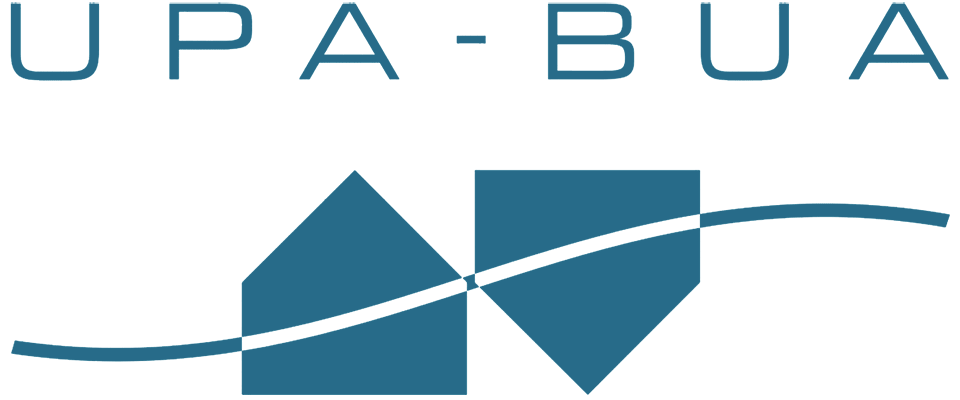ACE signed an agreement with the Canadian Architectural Licensing Authority to facilitate the mobility of Architects between the EU and Canada

On the occasion of its General Assembly on 20 April 2018, the Architects' Council of Europe (ACE) signed a Mutual Recognition Agreement (MRA) with the Canadian Architectural Licensing Authorities (CALA), which sets out the terms and conditions for the recognition of architects' qualifications between the EU and Canada. Once formally recommended and agreed by the MRA Committee of the Canada-EU Comprehensive Economic Trade Agreement (CETA), this agreement will facilitate the movement of architects between both jurisdictions.
This Agreement recognises the acceptable standards of education and practical training of Architects within the EU Members States and in Canada, which enables them to fulfil their fundamental professional requirements. It establishes criteria, procedures and measures for the mutual recognition of qualifications that will allow for the provision of architectural services within the jurisdictions represented by the Parties. The purpose of this Agreement is to facilitate the registration/licensing of EU Architects in Canada, and of Canadian Architects in the EU. It does not cover the mobility of the firms or any matters relating to their establishment.
Beneficiaries of the Agreement shall be registered or licensed or otherwise recognised in their home jurisdiction and have completed a minimum of 12 years’ education, training and practice in the field of architecture, in one or more of the States, Provinces or Territories of their home jurisdiction, of which a minimum of 4 years shall be post registration/licensure experience.
EU Architects applying for registration in Canada would be expected to:
- submit a signed declaration indicating they have met the requirements outlined in the Agreement and are not subject to any on-going disciplinary action;
- submit a letter from the relevant EU jurisdiction confirming that they meet the requirements set down in Section 46 of the EU Professional Qualifications Directive, the date of their registration/licensure and confirming that they are a member in good standing;
- successfully undertake a 10-hour online pre-registration course to satisfy Domain Specific Knowledge requirements on topics such as building regulation, construction documents, contract administration and professional practice.
